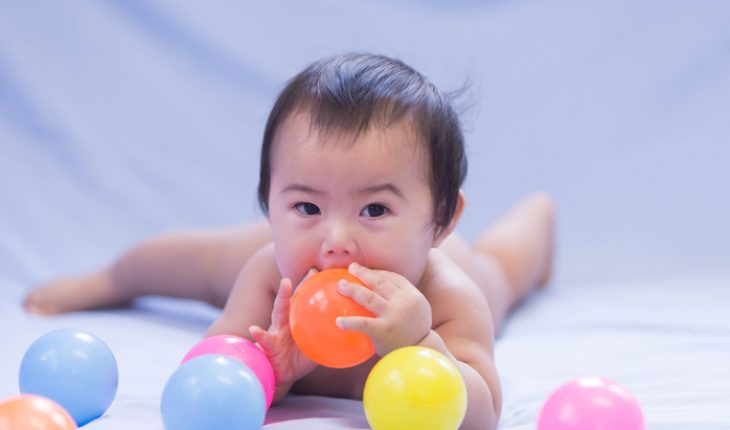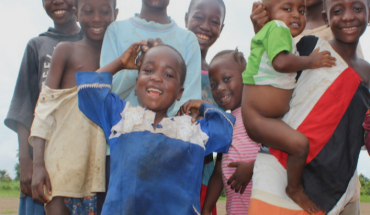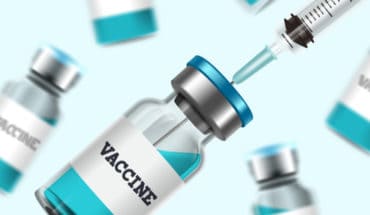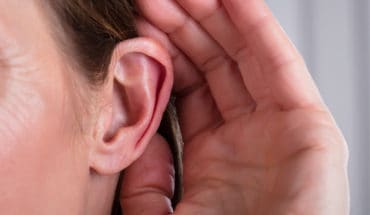Why do some children develop asthma and others don’t? Scientists at the University of Aberdeen are hoping to be able to answer this question when they follow more than a thousand babies until they’re of school-age to try to find out what factors cause the condition to develop.
Previous small-scale experiments carried out in Aberdeen have shown that cells swabbed from some new-born babies’ noses responded poorly to irritants and bacteria in a laboratory environment, whilst cells from other babies responded more swiftly.
The babies whose airway cells responded swiftly to irritants and bacteria did not develop asthma in later life. Of the babies whose airway cells responded more sluggishly to the irritants and bacteria, around half went on to display asthma symptoms.
Experts have already shown an apparent link between the diet of pregnant mothers and the likelihood of their children developing asthma. They have also previously found that a mother’s diet whilst pregnant is linked to how the cells that line babies’ airways work (the airway cells).
Experts have already shown an apparent link between the diet of pregnant mothers and the likelihood of their children developing asthma.
They have also shown that the airway cells are linked to asthma symptoms in young children.
This latest UK-wide study, funded by the Wellcome Trust, will look at how airway cells at birth are linked to asthma symptoms in the preschool years in a bid to identify what factors ‘activate’ asthma in those already predisposed to the condition. Around 1,000 mothers from five centres in the UK are being asked to get involved, including 200 in Aberdeen, whether they have asthma or not. The team believe something happens pre-birth which predisposes new-born babies to have airway cells that respond poorly.
They also believe something occurs after birth which leads to around half of the children with poor performing airway cells to develop asthma, whilst the other half do not. The focus of the study is to identify what factor or factors contribute to the development of asthma in these children.
The study will see cells swabbed from 1,000 new-born babies and will be carried out in conjunction with the University of Edinburgh, the University of Southampton, Imperial College London and Queen Mary University of London. Follow-ups will be carried out with the same children up until they reach four years old.
Dr Steve Turner, who is leading the study, said: “We would be very grateful to mothers-to-be who sign up as volunteers to help us with this study. The procedure for swabbing cells from babies’ noses is completely harmless and painless and by getting involved they are helping us find new ways to prevent and treat asthma in children.
“We have already shown we can grow cells taken from the inside of babies’ noses in the lab and we know that things that happen during pregnancy are associated with how their cells react to our tests in the lab.
“Something is happening pre-birth which predisposes them to being susceptible to asthma and then something else occurs after birth which results in them developing asthmatic symptoms. In other words, having these poor responding nose cells puts the bullet in the gun, but doesn’t pull the trigger. We can’t stop the bullet going in the gun but we can maybe look at what it is that pulls the trigger.
“We were the first researchers to use new-born babies’ nose cells in this way and it will be interesting to see if we can identify what is different between the children that go on to develop asthma, and those that don’t.”
- New lipid-based pathway discovered as key to memory formation - 25th June 2025
- Crucial link could explain how Alzheimer’s takes hold - 25th June 2025
- Understanding Your Mind Can Improve Daily Life - 25th June 2025







